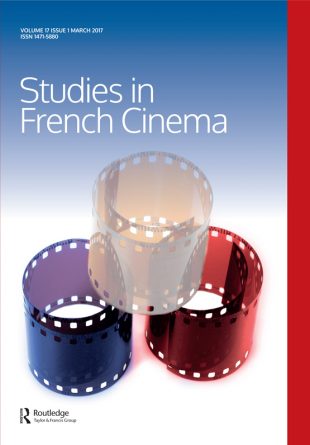
Montero Sánchez, David (2006).
Studies in French Cinema, 6(2), 107-116.
Considered today as a seminal and essential figure for an understanding of the implications of our visual culture, Chris Marker and his films have only recently received widespread critical attention. However; many aspects of his work in non-fiction still remain under-studied, most notably his complex reflections on the temporal nature of cinematic images and their (in)ability to recreate past events, aspects that are essential to Marker’s understanding of cinema. Focusing on what is arguably his most important non-fiction film treating this theme, Sans soleil/Sunless (1982), and drawing on the work of thinkers such as Gilles Deleuze, this article examines the film-maker’s ideas on time and cinematic representation, as well as the strategies used in the film to expose the profound range of philosophical meanings we have attached to film images over the last century. Central to Sans soleil is the space Marker terms ‘The Zone’, in which are found not only many of his insights into the possibility of using film as a valid document to access a contingent past, but also an original cinematic mechanism that attempts to restore to film images their own entity.












